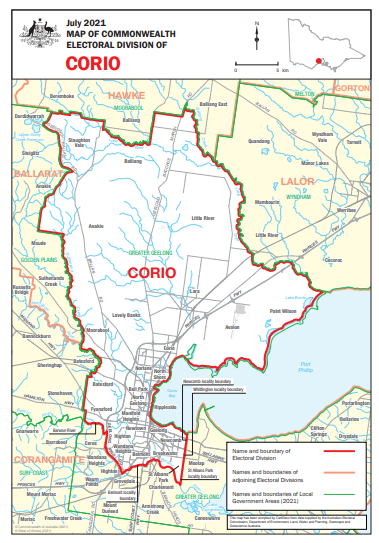|
|
|
|
| Adam Carr's Election Archive
|
Australian federal election, 2022
Division of Corio, Victoria
Named for: Corio Bay (Indigenous word of unknown meaning, originally
spelled Kohrio)
South-west of Melbourne: Belmont, Geelong, Lara, Newtown, Norlane
State seats: All of
Geelong and
Lara, parts of
Polwarth and
South Barwon
Local government areas: Parts of
Greater Geelong
Borders with:
Ballarat,
Corangamite,
Hawke and
Lalor
Enrolment at 2019 election: 110,322
Enrolment at 2022 election: 112,651 (+02.1)
1999 republic referendum: No 55.5
2018 same-sex marriage survey: Yes 67.7
Sitting member: Hon Richard Marles (Labor):
Elected 2007, 2010, 2013, 2016, 2019
2007 Labor majority over Liberal: 8.9%
2010 Labor majority over Liberal: 14.2%
2013 Labor majority over Liberal: 7.8%
2016 Labor majority over Liberal: 10.0%
2019 Labor majority over Liberal: 10.3%
2022 notional Labor majority over Liberal: 10.3%
Liberal two-party vote 1983-2019
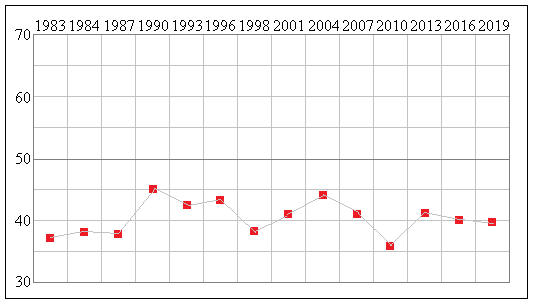
Status: Fairly safe Labor
Best Labor booths, two-party vote: Corio West (80.0), North Shore (77.9), Hendy (76.8),
Corio Central (74.3), Newcomb (71.9)
Best Liberal booths, two-party vote: Anakie (54.9), Highton North (53.2), Newtown South (51.2),
Highton West (47.8), Newtown (47.1)
2019 results
Statistics and history
Candidates in ballot-paper order:
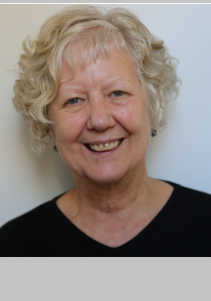 |
 |
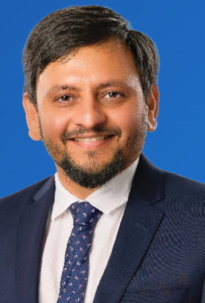 |
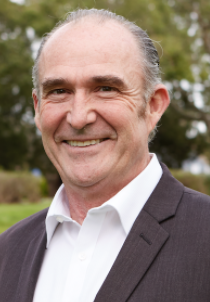 |
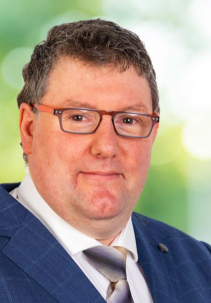 |
1. Sue Bull
Socialist Alliance |
2. Jessica Taylor
Australian Federation Party |
3. Manish Patel
Liberal Party |
4. Simon Northeast
Australian Greens |
5. Robert Jones
Pauline Hanson's One Nation |
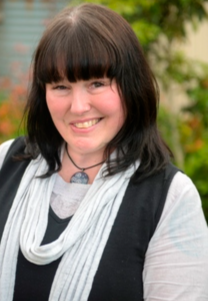 |
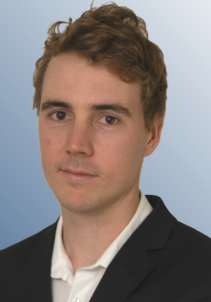 |
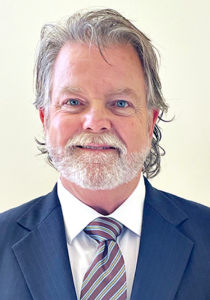 |
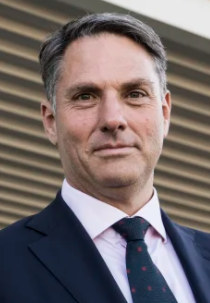 |
6. Naomi Adams
Animal Justice Party |
7. Maxim Payne
Liberal Democrats |
8. Shane Murdock
United Australia Party |
9. Hon Richard Marles
Australian Labor Party |
Candidate websites:
Naomi Adams
Sue Bull
Robert Jones
Hon Richard Marles
Morris Murdock
Simon Northeast
Manish Patel
Maxim Payne
Division of Corio
Corio has existed since Federation, and has always been based on the provincial city of Geelong, though at times it
has also included most of the western suburbs of Melbourne. Since the 1980s is has consisted only of Geelong and a
few semi-rural areas to the north. Like most regional seats it has a relatively low median income level and a low
proportion of people in professional and managerial occupations. As a manufacturing centre, however, Geelong has a higher level of
non English speaking households than most regional cities. Corio has not been changed by the 2021 redistribution.
After being held by the Liberals through the 1950s and '60s, Corio has become a steadily stronger seat for Labor
over the past 30 years. The Liberals have not won it since 1966. Members for Corio have included Liberal ministers
Richard Casey and
Sir Hubert Opperman and Labor ministers
Jack Dedman and
Gordon Scholes.
Gavan O'Connor succeeded
Scholes in 1993. He was on the opposition front bench, but in 2007 he was defeated in an acrimonious preselection
battle, and contested the seat as an independent (with the usual result).
Richard Marles, Labor MP for Corio since 2007, is a lawyer, and was legal officer for the Transport Workers' Union
of Australia and then assistant secretary of the Australian Council of Trade Unions before his election. He
was a parliamentary secretary from 2009, resigned in early 2013 during the Rudd-Gillard conflict, and returned
briefly as Minister for Trade in the second Rudd Government. He is now Deputy Leader of the Opposition, Shadow Minister for
National Reconstruction, Employment, Skills and Small Business, and Shadow Minister for Science. He is the senior figure of
the Labor Right faction and would be a possible leadership candidate if Labor loses the 2022 election. The
Liberal candidate is Manish Patel, a mortgage and finance broker. The Greens candidate is
Simon Northeast, a Geelong lawyer.
Demographics:
Median weekly household income: $1,154 (Australia $1,438)
People over 65: 18.8% (Australia 15.8%)
Australian born: 75.5% (Australia 66.7%)
Non-English-speaking households: 14.4% (Australia 22.2%)
Catholics 26.6% (Australia 22.6%)
No religion 32.4% (Australia 29.6%)
University graduates: 15.6% (Australia 22.0%)
Professional and managerial employment: 28.6% (Australia 35.2%)
Employed in manufacturing and construction: 29.6% (Australia 22.9%)
Paying a mortgage: 32.4% (Australia 34.5%)
Renting: 29.7% (Australia 30.9%)
Traditional families: 27.5% (Australia 32.8%)
Back to main page
| |

